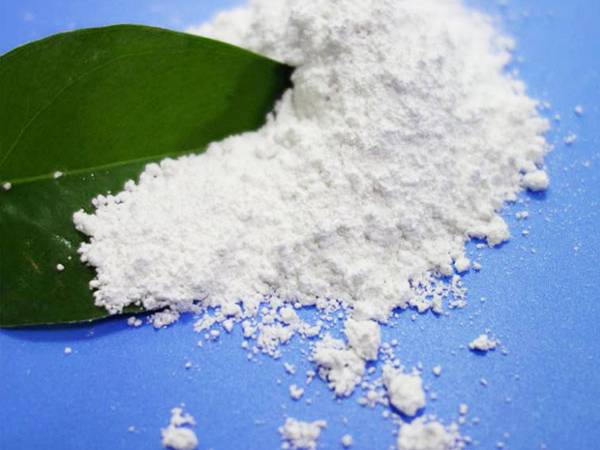



naoh cas no
Understanding Sodium Hydroxide CAS Number and Applications
Sodium hydroxide, commonly referred to as lye or caustic soda, is a highly versatile chemical compound with the formula NaOH. One of its key identifiers is its Chemical Abstracts Service (CAS) number, which is 1310-73-2. This unique number serves as a universal reference for sodium hydroxide across various databases, ensuring clarity and consistency in chemical communication.
Understanding Sodium Hydroxide CAS Number and Applications
Another significant application of sodium hydroxide is in the chemical industry, where it acts as a precursor to many other compounds. It participates in the production of biodiesel through the transesterification process, where fats or oils are converted into fatty acid methyl esters (biodiesel) and glycerin. Additionally, sodium hydroxide is utilized in the synthesis of soaps and detergents, contributing to cleaning products that are effective in removing grease and stains.
naoh cas no

In the food industry, sodium hydroxide is used in food processing, particularly in the treatment of olives and the production of various condiments. It also plays a role in the manufacturing of food-grade products like chocolate and caramel. However, it is important to note that sodium hydroxide must be used cautiously in food applications due to its corrosive properties.
Safety is a paramount concern when handling sodium hydroxide. Being highly caustic, it can cause severe burns upon contact with skin or mucous membranes. Therefore, appropriate safety measures, including protective clothing and eyewear, are essential when working with this chemical. Proper storage and disposal protocols are also crucial to prevent environmental harm.
In summary, sodium hydroxide (CAS No. 1310-73-2) is a vital chemical with a wide range of applications in various industries, including pulp and paper, chemical manufacturing, and food processing. Understanding its properties and safety considerations is essential for those involved in its use, ensuring that it serves its beneficial roles without adverse effects on health or the environment. As industries continue to evolve, the importance of sodium hydroxide in modern chemistry remains undeniable.
-
Why Sodium Persulfate Is Everywhere NowNewsJul.07,2025
-
Why Polyacrylamide Is in High DemandNewsJul.07,2025
-
Understanding Paint Chemicals and Their ApplicationsNewsJul.07,2025
-
Smart Use Of Mining ChemicalsNewsJul.07,2025
-
Practical Uses of Potassium MonopersulfateNewsJul.07,2025
-
Agrochemicals In Real FarmingNewsJul.07,2025
-
Sodium Chlorite Hot UsesNewsJul.01,2025










